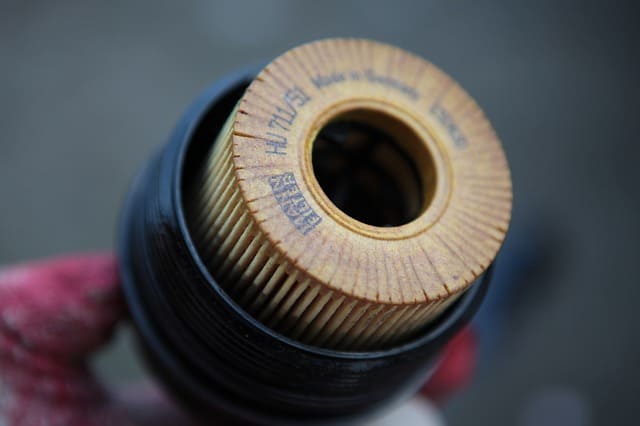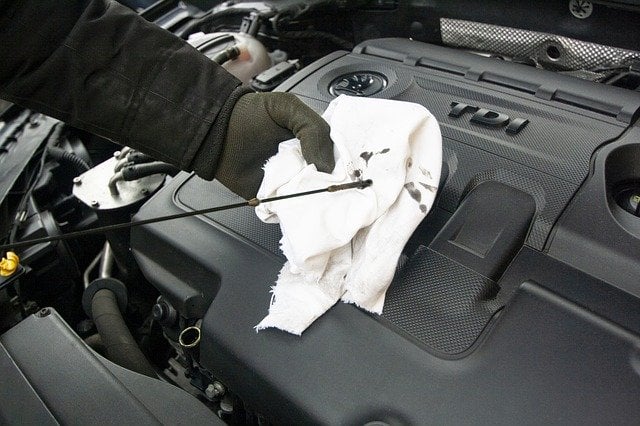


Understanding High Oil Pressure: What It Means and Why It Matters
Running low on gas is a familiar panic moment for many drivers. The low-fuel light blinks, cautionary beeps sound off, and the needle creeps dangerously close to empty. But what about that oil pressure gauge? When was the last time it got a glance? It’s time to pay attention, because high oil pressure can spell trouble for any engine.
The Lowdown on Oil Pressure
When the engine’s running, the oil pressure gauge should sit comfortably between 25 and 65 PSI. If it starts creeping over 80 PSI, that’s a red flag. High oil pressure can mess with how the engine operates, leading to some serious issues.
So, what causes this elevated oil pressure? Here are the usual suspects:
- Faulty sending unit
- Relief valve malfunction
- Blocked oil passage
- Dirty oil filter
- Poor oil quality or grade
This guide will break down each of these culprits, explain why high oil pressure is a big deal, and highlight the importance of regular oil changes.
How an Engine Lubrication System Works
Oil Pan
The oil pan sits at the bottom of the engine, acting as a reservoir for the oil before it gets pumped around. Most pans hold about 4 to 6 quarts of oil.
Pickup Tube
When the engine fires up, the pickup tube whisks oil from the pan to the oil pump, making sure the engine gets the lubrication it needs right away.
Oil Pump
The oil pump does exactly what it sounds like—it pumps oil throughout the engine, keeping all the moving parts slick and reducing friction.
Pressure Relief Valve
This little guy regulates oil flow. It has three parts: a piston, a spring, and a plug. When pressure builds up, it pushes the piston against the spring, allowing more oil to flow and dropping the pressure back down.
Oil Filter

As oil circulates, it picks up dirt and debris. That’s where the oil filter comes in, trapping unwanted particles and keeping the oil clean.
Spurt Holes and Galleries
These are small exit points that let oil seep through to lubricate all the moving bits, like pistons and bearings. After doing its job, the oil flows back to the pan to start the cycle again.
What Is High Oil Pressure and Why Should It Matter?
High oil pressure means something’s blocking the oil flow. This could be due to a blockage, a faulty part, or even the oil itself. Remember, the sweet spot is 25 to 65 PSI. If it goes beyond that, it’s time to investigate before things get messy.
Proper lubrication is vital for keeping the engine healthy. Without it, friction builds up, leading to overheating and potentially catastrophic damage like cracks in the engine block or blown head gaskets. Those repairs can cost a fortune, so catching high oil pressure early is key.
Causes of High Oil Pressure

Faulty Sending Unit
The sending unit controls the oil pressure gauge. If it’s acting up, the readings can be off. To check it, a manual oil pressure gauge is needed. It’s a bit of a hassle, but worth it if it saves a trip to the mechanic.
Relief Valve Malfunction
This valve is crucial for managing oil flow. If it’s not working right, it can lead to high pressure. A quick inspection can usually sort it out, often just needing a good clean.
Blocked Oil Passage
Blockages can be a real pain, often caused by sludge or carbon buildup. Clearing a blockage is no small task and usually requires professional help, which can get pricey.
Dirty Oil Filter
Oil filters typically need changing every 3,000 miles. If they’re clogged, oil flow gets restricted. Signs of a dirty filter include strange noises or a drop in engine performance. Replacing a filter is a simple DIY job or can be done at a shop for a reasonable fee.
Poor Oil Quality/Grade
Motor oil comes in different thicknesses. Thinner oil flows better, while thicker oil requires more pressure. Checking the owner’s manual for the right viscosity is a smart move, especially considering local climate conditions.
The Importance of Regular Oil Changes

Most mechanics recommend changing oil every 3,000 miles, but many modern vehicles can go up to 10,000 miles. Regardless, sticking to a schedule is crucial. Old oil breaks down and thickens, increasing pressure and wear on the engine.

![Understanding High Oil Pressure: Key Causes and Solutions [Comprehensive Guide]](https://autocheep.com/wp-content/uploads/2025/07/high-oil-pressure-1024x576.jpg)

